Some employers rave about their team’s dedication, while others identify areas for improvement. But what if these perceptions shift based on geography? Are there states that employers consistently rank as having a weaker work ethic? According to surveys and data, some regions do seem to get a bad reputation. Let’s explore the factors behind these evaluations, from cultural differences to economic realities, and how “work ethic” itself is a more complex concept than it might appear.
What Does “Work Ethic” Even Mean?
Before we jump into the numbers, it’s important to define what work ethic really means. For employers, it often boils down to qualities like punctuality, reliability, initiative, and a willingness to go the extra mile. But work ethic isn’t just about hours clocked or tasks completed. It ties into cultural norms, local industries, and even generational attitudes toward work-life balance.
For example, a factory manager might value speed and efficiency, while a tech leader might prioritize creative problem-solving. These differences make “work ethic” tricky to quantify, but surveys still offer fascinating insights into employer perceptions across the country.
Survey Says: Who Ranks the Lowest?
A recent study from WalletHub graded states on traits tied to work ethic, such as average number of hours worked, employment rates, unused vacation days, and volunteer involvement. While the study avoided outright critiques, employers in some states expressed concerns about workforce dedication, often citing industries or local habits as contributing factors.
Here are a few states that frequently land at the bottom of such rankings:
1. Hawaii
Hawaii’s breathtaking setting might contribute to its relaxed reputation, but that comes with trade-offs. Employers noted a slower pace in certain industries, which is sometimes at odds with mainland expectations. Interestingly, Hawaii residents work fewer hours on average than workers in most other states, possibly reflecting an emphasis on work-life balance.
2. New Mexico
Challenges with job availability and underemployment in New Mexico may explain why some employers perceive a lack of engagement. A state battling high poverty rates often faces workforce hurdles, including limited access to career development opportunities and lower retention in town centers.
3. Alaska
Alaska’s seasonal work and remote job markets sometimes lead to employer concerns about reliability, particularly during harsh winters. Industries like fishing and oil require intense focus, but weather disruptions and isolation can impact employee consistency.
4. West Virginia
Economic stagnation has contributed to skill gaps in West Virginia that some businesses interpret as low ambition among younger workers. Employers report difficulty finding candidates with technical expertise or long-term career goals, although workforce retraining programs are growing steadily.
5. Mississippi
Mississippi regularly faces workforce challenges, including low labor force participation and higher-than-average unemployment rates. Employers in manufacturing and healthcare express frustration with unfilled positions and worker attrition, although efforts to boost education programs in the state are underway.
Why Do These Perceptions Exist?
It’s tempting to think a “poor work ethic” is the result of laziness, but the reality is far more nuanced. Here are a few key factors that feed into these perceptions:
Economic Opportunities
States with fewer high-paying or desirable jobs often see lower motivation among workers. When opportunities for advancement are scarce, it’s easy to understand why employees might feel disengaged.
Cultural Priorities
Take Hawaii, for example. The emphasis on family, leisure, and quality of life is woven deeply into the islands’ culture. While this can be positive, it may also contrast with employers’ desires for strict deadlines or long hours.
Education and Training Access
States with struggling education systems, like Mississippi or West Virginia, face difficulties in preparing their workforces for specialized roles in tech, engineering, or healthcare. This can lead employers to view local workers as “less dedicated” when, in reality, they may lack access to robust training opportunities.
The Subjectivity of Work Ethic
It’s worth noting that work ethic is entirely subjective. A fast-paced tech startup in California might criticize Hawaii’s “relaxed” approach, while an Alaskan fisherman could deem a Manhattan desk worker’s effort unimpressive. Expectations between employers vary greatly depending on industry priorities and cultural habits.
Additionally, the pandemic reshaped how employers nationwide interpret productivity. Remote work proved people could excel outside traditional constraints, challenging long-held theories about constant supervision and office hours.
Balancing Perception and Reality
While certain states might rank lower in surveys, it’s important to avoid broad generalizations. Labeling whole regions as having a poor work ethic based on employer concerns risks ignoring systemic barriers like economic inequality, education systems, and industry-specific patterns.
Interestingly, many states pegged as lagging in work ethic are actively working to improve. For instance:
- West Virginia has invested in advanced technical training through partnerships with local colleges.
- Employers in Alaska are experimenting with flexible schedules to better align with seasonal changes.
- Businesses in New Mexico are incentivizing retention through mentorship programs.






13 Comments